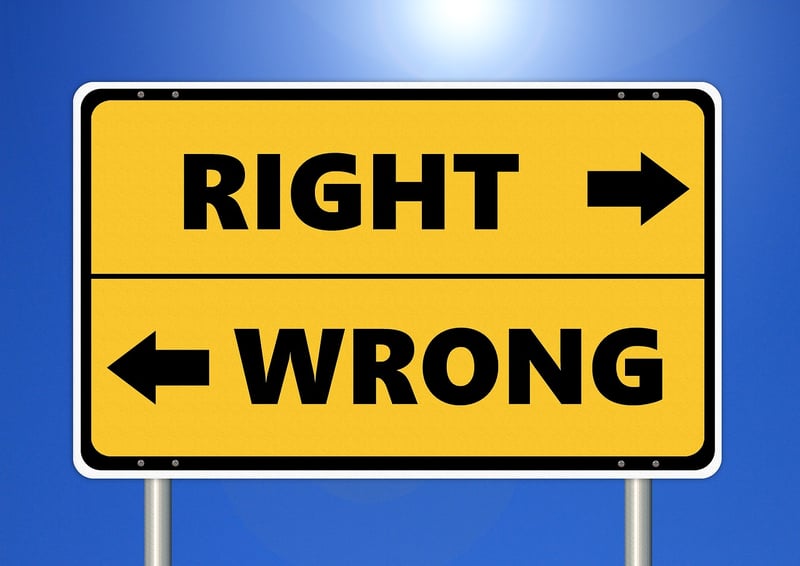Temporal Integrity
The Importance of Moral Considerations and Temporal Integrity
In today's fast-paced world, where technology and innovation are ever-evolving, it's crucial to not only focus on progress but also consider the ethical implications of our actions. This is where moral considerations and temporal integrity play a significant role.
Moral Considerations
Moral considerations refer to the ethical principles and values that guide our decision-making processes. It involves thinking about what is right and wrong, good and bad, and the consequences of our actions on others and the environment.
When businesses and individuals incorporate moral considerations into their practices, they contribute to a more sustainable and just society. By prioritizing ethics, organizations can build trust with their customers, employees, and the community at large.
Key Aspects of Moral Considerations:
- Respect for human rights
- Environmental sustainability
- Transparency and honesty
- Fair treatment of employees and stakeholders
- Corporate social responsibility

Temporal Integrity
Temporal integrity refers to the consistency and accuracy of data over time. In a technological context, ensuring temporal integrity is essential for maintaining the reliability and trustworthiness of information systems.
By maintaining temporal integrity, organizations can prevent data corruption, unauthorized access, and ensure that historical records remain intact and unaltered. This is particularly crucial in fields such as finance, healthcare, and legal sectors where data accuracy is paramount.
Ways to Ensure Temporal Integrity:
- Implementing secure backup and recovery processes
- Regularly auditing and monitoring data changes
- Utilizing encryption and access controls
- Establishing data retention policies

By combining moral considerations with a focus on temporal integrity, individuals and organizations can create a more ethical, reliable, and sustainable future for all. It's not just about achieving success but doing so in a way that upholds values and safeguards the integrity of information and actions.
